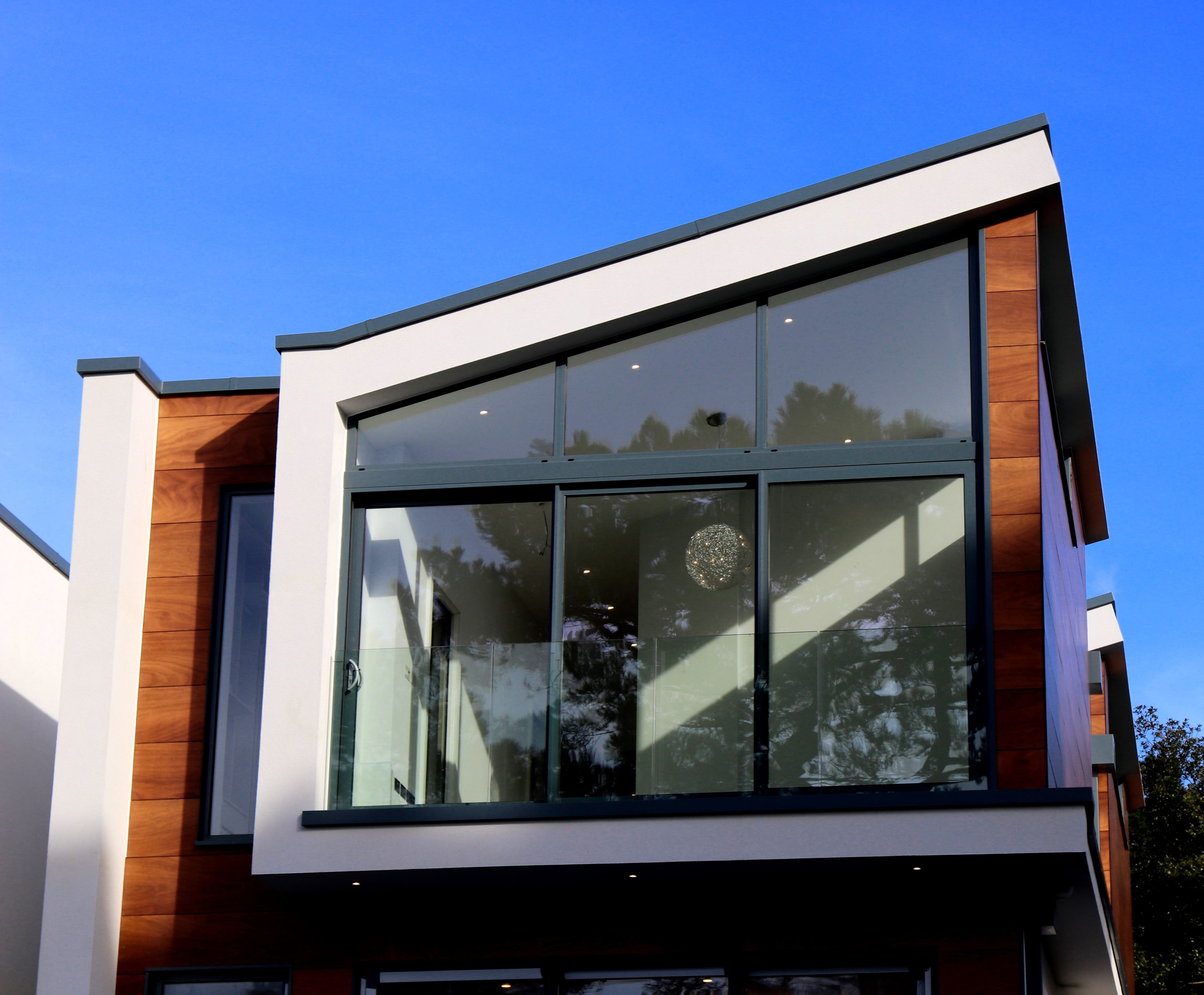
Local Sourcing for Sustainable Doors, Windows & Joinery
Sourcing materials locally for doors, windows, and joinery offers numerous benefits:
Environmental Impact: Local sourcing helps reduce transportation emissions, a key factor in lowering the carbon footprint associated with materials procurement and an important component of Scope 3 emissions reduction.
Economic Support: Supporting local suppliers contributes to the regional economy, creating jobs and fostering community development.
Quality Control: Closer proximity to suppliers allows for better oversight and accountability, ensuring the use of sustainable and ethical practices.
Customisation: Collaborating with local craftsmen and artisans often allows for greater customisation and attention to detail.
Scope 3 ESG Emissions and Sustainable Doors, Windows & Joinery
Sustainable doors, windows, and joinery play a crucial role in mitigating Scope 3 emissions:
Transportation Emissions: By sourcing locally, the construction industry can substantially reduce the transportation emissions associated with the delivery of materials, a significant factor in Scope 3 emissions.
Embodied Carbon: Sustainable materials used in doors, windows, and joinery typically have lower embodied carbon footprints, which help reduce emissions linked to the supply chain.
Community Engagement: Prioritizing local sourcing and craftsmanship contributes to the social aspect of ESG by engaging with and supporting local communities.




